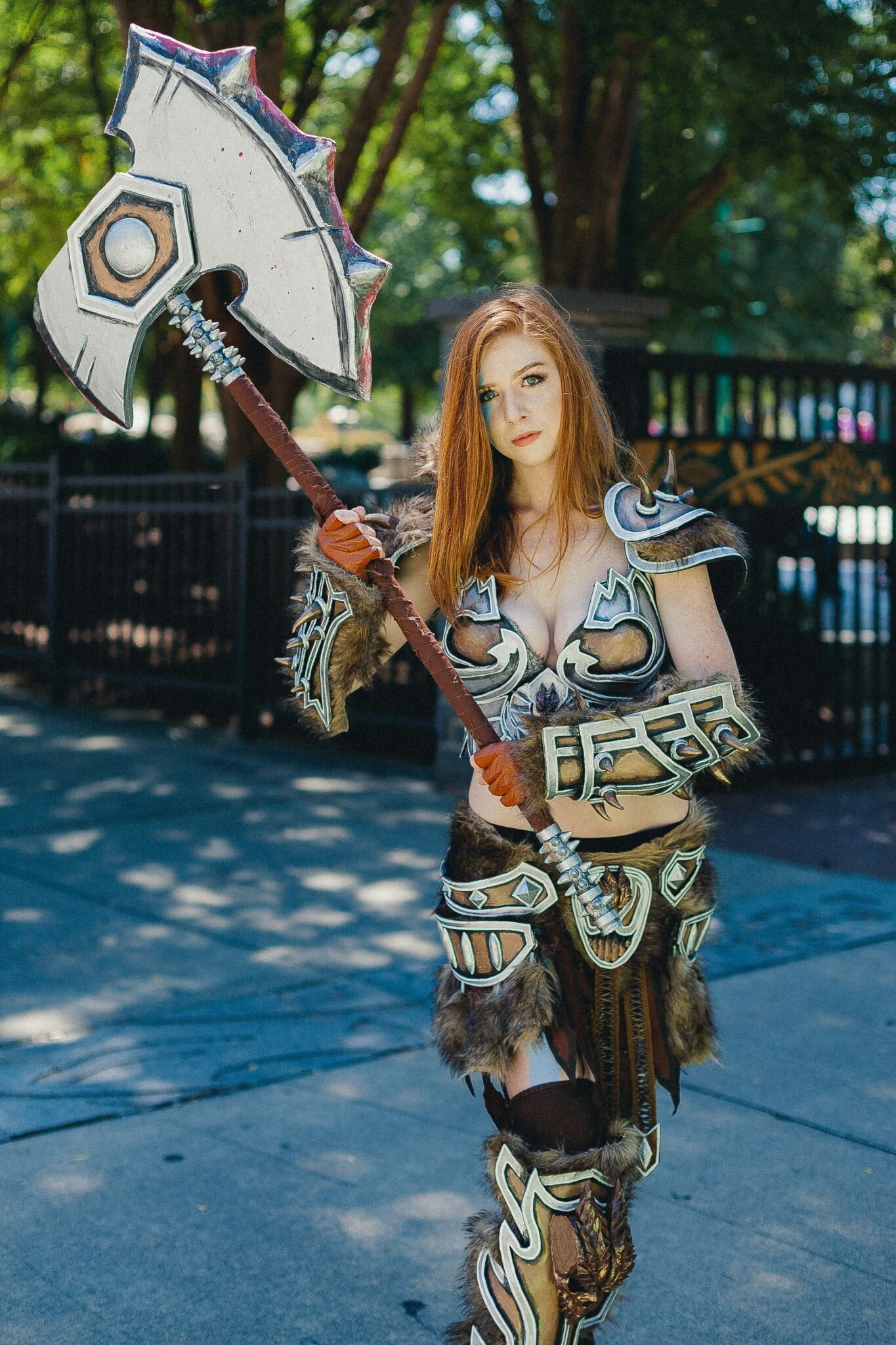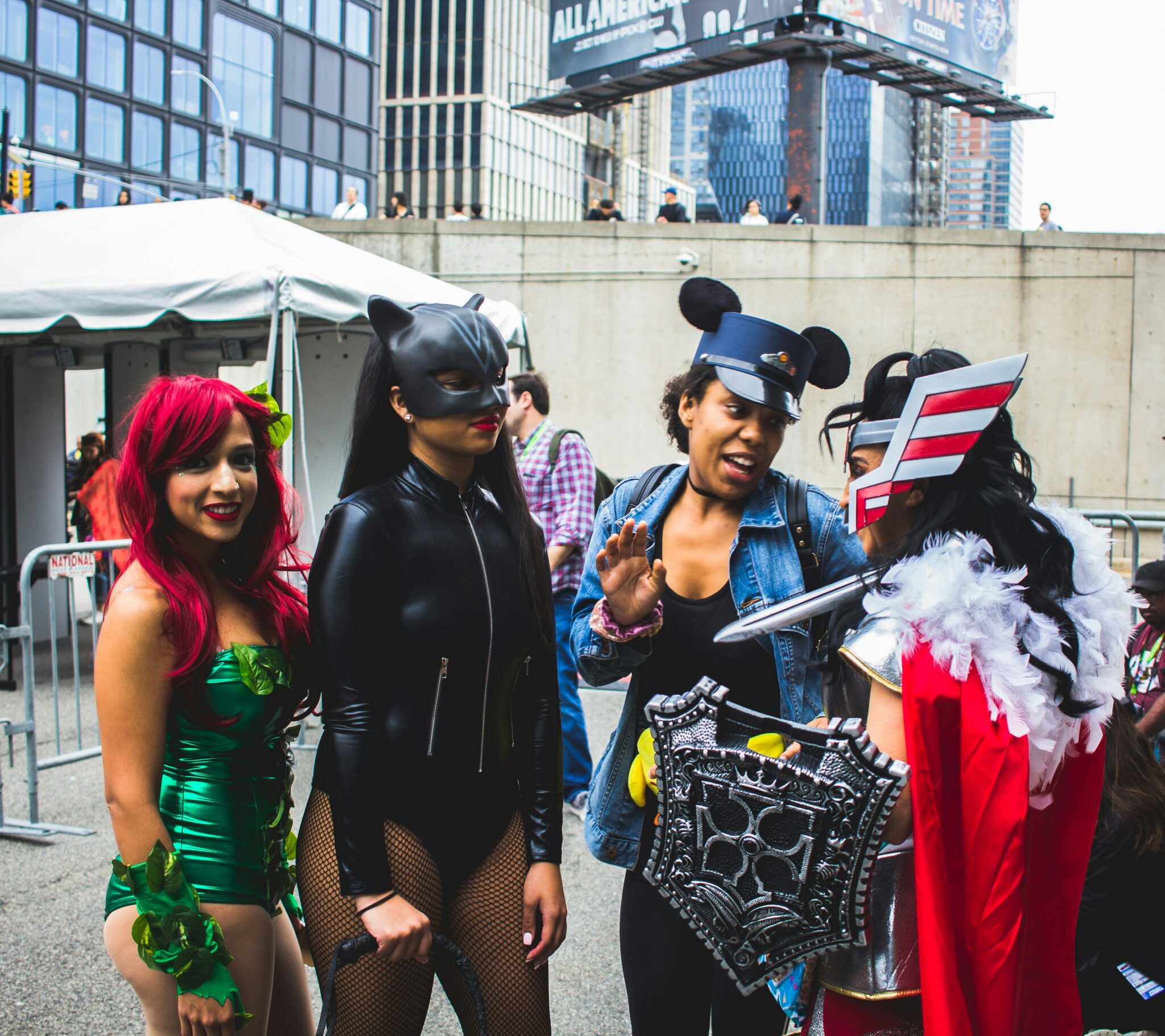This is a guest post contributed by author Amanda Winstead
Let’s face it, fandoms add serious value to any movie franchise, TV show, or comic book series. Coming together around a shared love of characters and discussing plot points is deeply rewarding, too. Debating the intricacies of the next Marvel cycle or the merits of dark sabers also helps folks connect and bond over pop culture.
The popularity of intense fandoms is growing, too. This sentiment is echoed by research conducted by Amazon Ads. The research team found that 70 percent of people say fandom is a central part of their life while 48 percent say that their fandom helps them make sense of the world.
Interestingly, the psychological underpinnings of fandom are just as complex as Whovian fan fiction and Swifties’ conspiracy theories. Understanding these psychological theories can help folks figure out why some fandoms turn toxic and help empower those who choose to build communities around the icons they know and love.
Discourse Communities and Fandom
Fan culture isn’t a particularly new phenomenon. People turned up in droves in the 80s to watch the Star Wars films and millions of people have played Dungeons and Dragons since its release in 1974. Fandoms aren’t unique to modern times, either. Serials written by Charles Dickens played a central role in defining Victorian society and Greek theatre served to entertain people from all backgrounds.
However, our perception of fandoms has changed dramatically in recent years. Associate Professor Eric Wesselmann explains that “fan is derivative of ‘fanatic’,” which meant that “early fan studies were done in communication with people who could be considered fanatics or extreme fans.”
The tide finally started to turn when fictional fandoms began to receive the same respect as sporting fandoms. Sporting fandoms, which have long been considered normal in society, teach us that fandoms occur when folks can come together and share in a common discourse. Using seemingly meaningless terms like “first down” and “horsecollar” strengthens sporting discourse communities and helps folks enter the footballing fandom.
The rapid rise of social media finally gave fictional fans of fantastical lands a chance to create widespread discourse communities themselves. Folks who take to Reddit, Tumblr, and X can use unusual terms like Gruul, Nat-20, and Avada Kadavara and be completely understood by their peers. This strengthens fand-based discourse communities and creates a sense of belonging online.
The widespread adoption of online discourse communities has spilled over into the real world, too. Today, GenCon conventions are just as well attended as football games, NASCAR races, and Olympic events. While this is largely a good thing for the folks who dive into fandoms, caution must be taken to prevent fandoms from becoming toxic.
The Power of Fandom

Folks who find supportive fandoms can benefit from improved social skills and give you something meaningful to look forward to. This may sound banal at first but Christian Waugh, Professor of Psychology at Wake Forest University in North Carolina, explains that desire is a powerful positive emotion. Waugh states that anticipation gives you “a little bit of a positive emotional boost” that helps you overcome stress.
Responding to existing content can be powerful, too. Creating zines, cosplaying, and making memes gives you a creative release and can put you in a better mood. Some mediums, like tabletop role-playing, can be replicated in your own living room if you’re willing to take up the mantle of being a Game Master. Hosting a bachelorette party can blur the line between the TV show and real life, too.
The mood-boosting benefits of fandom can be heightened if you choose to take a road trip to attend Comic-Con or live versions of your favorite podcast. Just be sure to complete regular vehicle maintenance before your road trip, as you don’t want your trip to San Diego to be scuppered by a burst tire or a dead battery. You should plan the route ahead of time and ensure that you have plenty of money saved up in case you need to make an emergency repair. You can even consider carpooling on your way to conventions to spread good vibes and fight back against the grip that toxic fans have on some communities.
Toxic Fandoms
If you consider yourself a Trekky, Sherlockian, or Fanpire, you’ve probably encountered toxic fans a few times. This kind of toxicity can sap the fun out of fandom and leave you wondering why you care so deeply about fictional characters and faraway worlds.
Fandoms that gain traction online require strong administrative oversights to prevent toxicity from taking over. This is particularly important on sites like Reddit and Tumblr, where fan-generated content drives engagement and interest.
Prominent folks in the fandom can go one step further by organizing community events that promote positivity, inclusion, and diversity. These events can help you meet real people who share their love for pop culture. Folks who do want to gather and celebrate should be aware of practical considerations like:
- Budget: Will attendees pay a fee to justify costs or will sponsors fund the venue hire?
- Space: How many people are expected to attend and how will the space meet their needs?
- Permits: Group gatherings usually require permits. These are usually handed out by municipalities.
- Vendors: Will there be food, drinks, and products for sale at the event? If so, what kind of permit and stalls will be necessary?
- Promotion: Strategic promotion is key when trying to combat toxic fandoms. Foregrounding rules and positivity can help fight off the first signs of obsession and guard against conflict.
These events can be used to address issues in the fandom, too. For example, organizers can push back against para-social relationships by setting rules that help folks express their love without overstepping boundaries. This teaches folks how to engage in a positive, thoughtful manner without squashing participants’ love of their favorite TV show, film, or streamers.
Well-thought-out community events can improve inclusion and promote more diverse voices, too. For example, the Center for Jewish History has recently hosted a Jewish Comics Experience that is designed to highlight the work of Jewish creators and ensures that folks can learn about the long and rich history of Jewish comics, graphic novels, and sequential art.

Fan psychology explains why and how folks come together to celebrate their favorite forms of entertainment. Folks who enter the fandom can lose themselves in deep discourse communities that use terms and phrases that strengthen participants’ connections. This fuels enthusiasm for the fandom and can encourage folks to share their love for pop culture online and at well-attended conventions.
Images via Respective Owners
Have strong thoughts about this piece you need to share? Or maybe there’s something else on your mind you’re wanting to talk about with fellow Fandomentals? Head on over to our Community server to join in the conversation!

